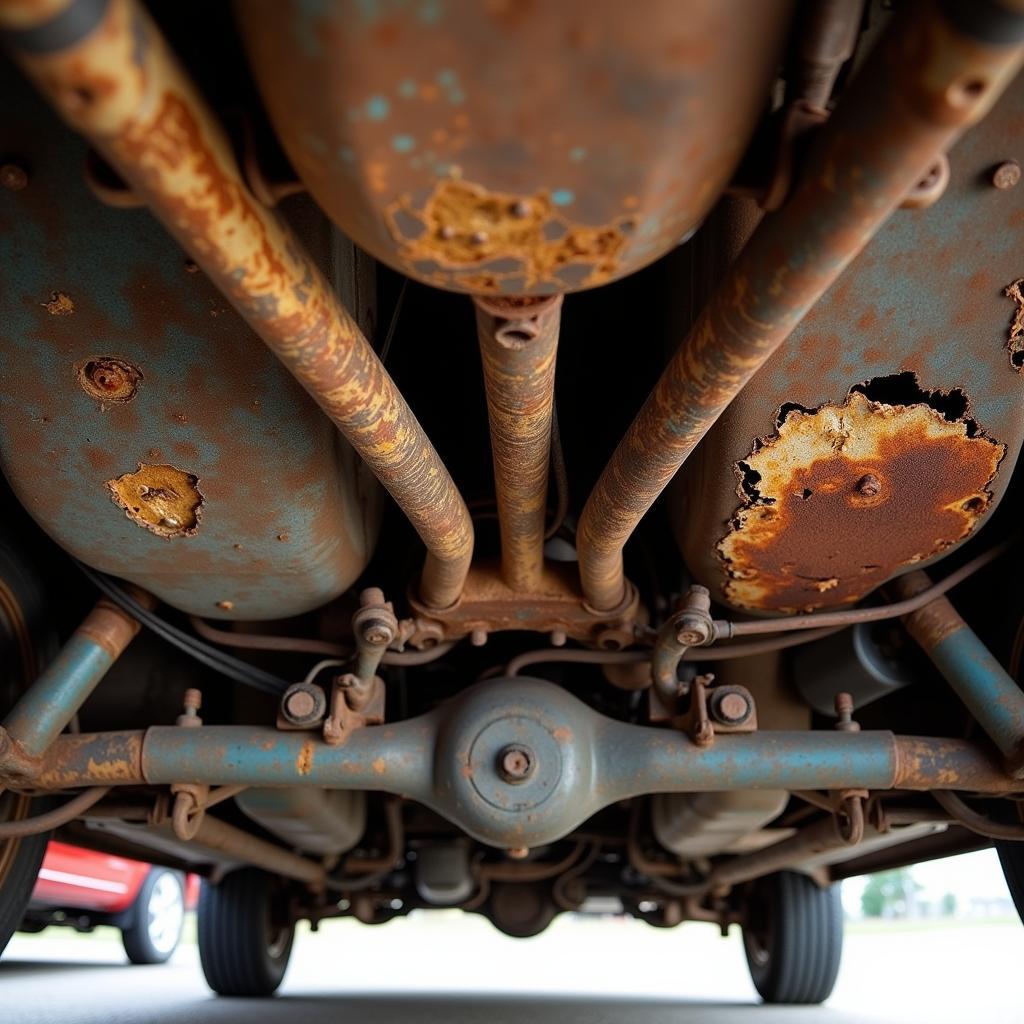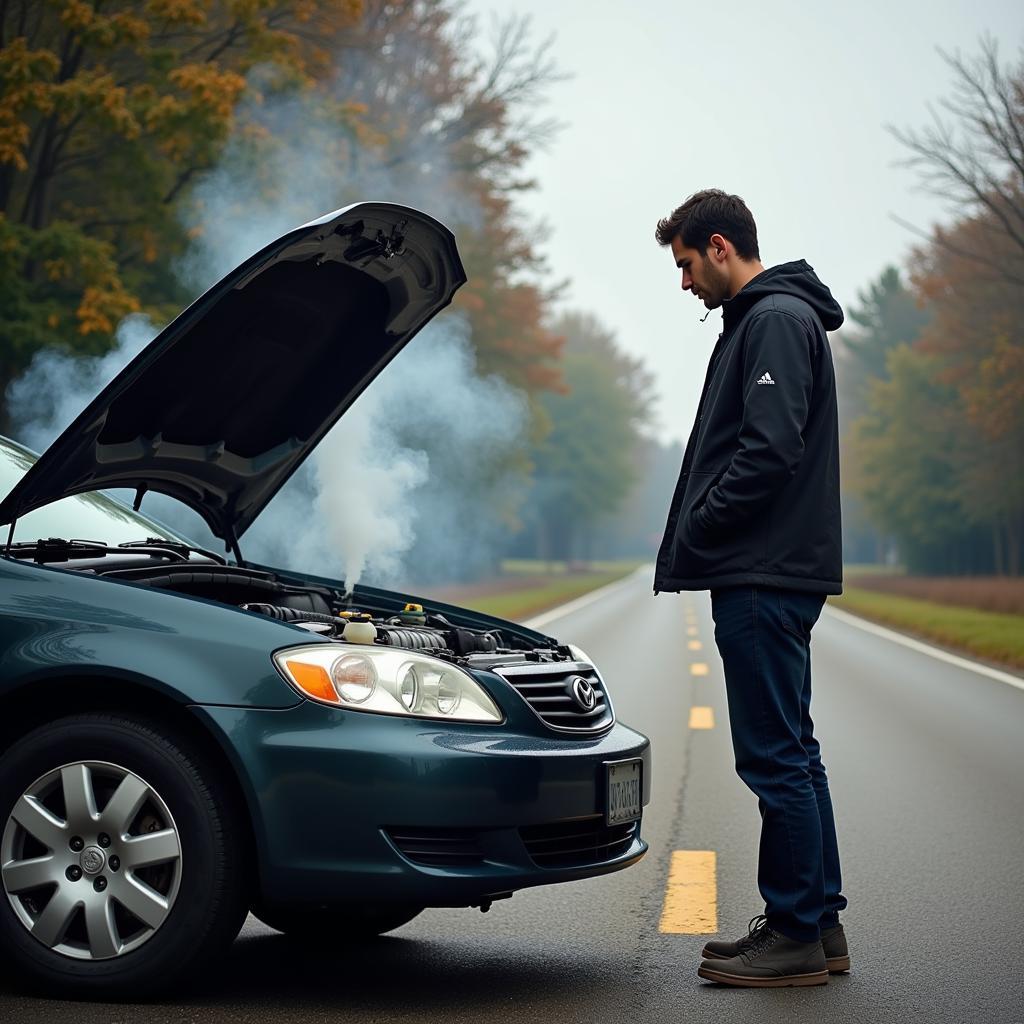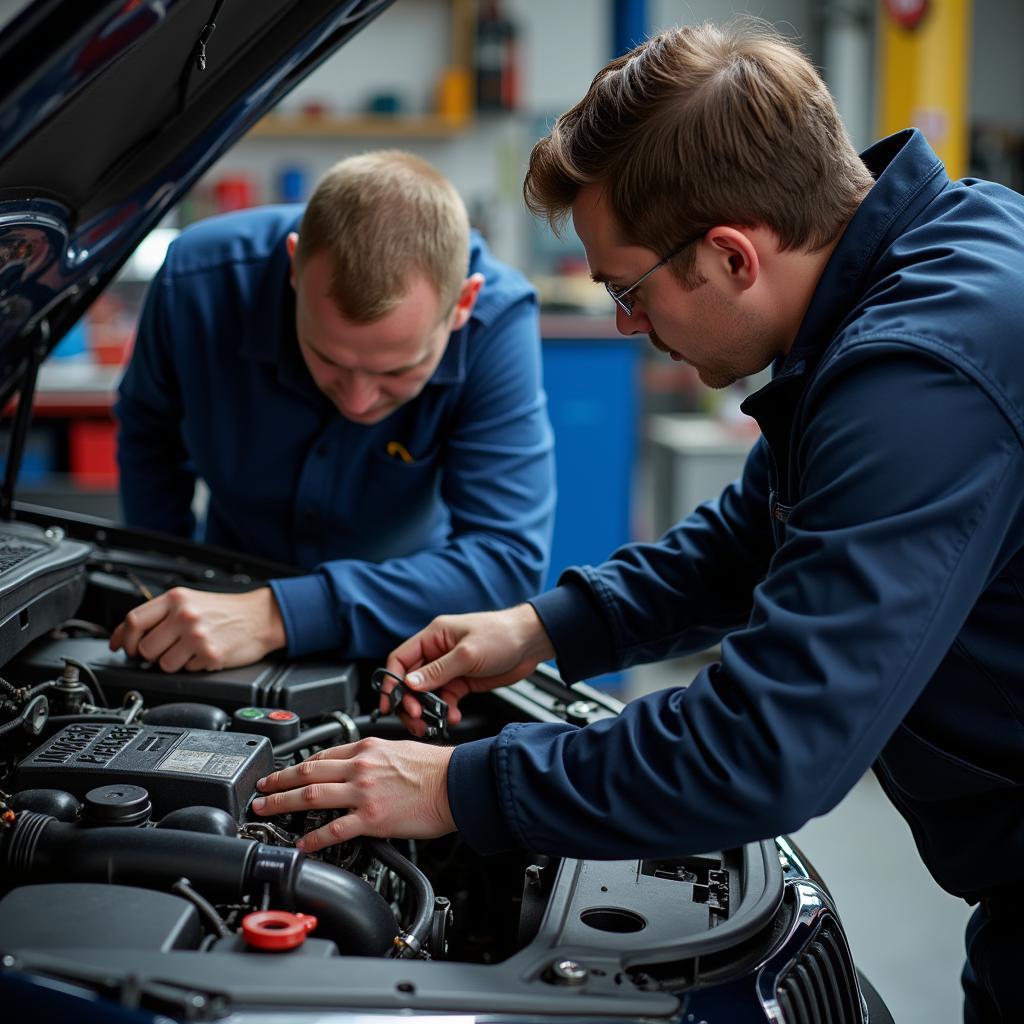Old cars, while full of character and charm, often come with their own set of quirks and mechanical challenges. As vehicles age, components wear down, and systems become less efficient, leading to a variety of common problems. Understanding these issues can help you address them proactively and keep your classic car running smoothly for years to come.
Engine Woes: The Heart of the Matter
The engine is arguably the most critical component of any vehicle, and in older cars, it’s often a source of trouble.
1. Oil Leaks and Consumption
One of the most prevalent issues in older cars is oil leaks. Over time, gaskets and seals can dry out, crack, and lose their ability to contain the engine oil. This can lead to unsightly drips on your garage floor and, more importantly, engine damage if left unaddressed. In addition to leaks, older engines may also consume more oil than their modern counterparts due to worn piston rings and valve seals.
2. Cooling System Failures
The cooling system is vital for regulating engine temperature. As cars age, radiators can corrode, hoses can deteriorate, and water pumps can fail. These issues can lead to overheating, which, if not addressed promptly, can cause severe engine damage, including a blown head gasket – a costly repair.
3. Carburetor Problems
While most modern cars utilize fuel injection systems, many older vehicles still rely on carburetors to mix air and fuel for combustion. Carburetors, with their intricate passages and mechanical components, can be susceptible to clogging, wear, and adjustments over time. This can lead to rough idling, poor fuel economy, and difficulty starting, especially in cold weather.
Electrical Gremlins: When Sparks Fly in the Wrong Places
Electrical systems in older cars can also present a unique set of challenges.
4. Wiring Harness Issues
Over time, the insulation on wiring harnesses can deteriorate, leading to exposed wires. This can cause shorts, blown fuses, and even fires. Additionally, corroded connectors can disrupt the flow of electricity, causing various electrical components to malfunction.
5. Battery and Alternator Problems
Batteries in older cars have a shorter lifespan and may need to be replaced more frequently. Similarly, alternators, responsible for recharging the battery, can wear out over time. Symptoms of a failing alternator include dim headlights, flickering dashboard lights, and difficulty starting the engine.
Beyond the Engine Bay: Other Common Concerns
While the engine and electrical system are common culprits for problems in older cars, other areas deserve attention as well.
6. Brake System Wear
The brake system is crucial for safety. Older cars often experience issues with worn brake pads and rotors, leaking brake lines, and failing master cylinders. These problems can reduce braking efficiency and increase stopping distances.
7. Suspension and Steering Issues
As cars age, suspension components such as shocks, struts, and bushings wear out, leading to a bumpy ride, poor handling, and uneven tire wear. Similarly, steering components like tie rod ends and ball joints can wear out, causing excessive play in the steering wheel and making it difficult to control the vehicle.
8. Rust and Body Corrosion
 Rust Damage on Classic Car Undercarriage
Rust Damage on Classic Car Undercarriage
Rust is a common enemy of older cars, especially those exposed to harsh weather conditions. It can attack the body, frame, and undercarriage, compromising the car’s structural integrity and appearance. Early detection and repair are crucial to prevent further damage.
Keeping Your Classic on the Road: Proactive Maintenance Tips
“An ounce of prevention is worth a pound of cure” rings especially true for older cars. Here are some proactive maintenance tips to keep your classic running smoothly:
- Regular Fluid Changes: Follow the manufacturer’s recommended intervals for oil changes, coolant flushes, brake fluid replacements, and transmission fluid services.
- Inspect Belts and Hoses: Regularly check belts and hoses for signs of wear, cracking, or bulging. Replace them as needed.
- Check Tire Pressure and Tread: Maintain proper tire pressure and monitor tread depth for even wear.
- Address Rust Immediately: At the first sign of rust, take steps to remove it and protect the surrounding area.
- Listen for Unusual Noises: Pay attention to any unusual noises coming from your car. They could be early warning signs of a problem.
- Find a Trusted Mechanic: Establish a relationship with a mechanic experienced in working on older cars.
Conclusion
Owning a classic car is a rewarding experience, but it comes with the responsibility of understanding and addressing the unique challenges that come with age. By being proactive with maintenance, addressing problems early on, and seeking expert help when needed, you can keep your classic car running smoothly and safely for many years to come. Need expert advice or assistance with your classic car? Contact AutoTipPro at +1 (641) 206-8880 or visit our office at 500 N St Mary’s St, San Antonio, TX 78205, United States. We’re here to help keep your classic on the road.






Leave a Reply